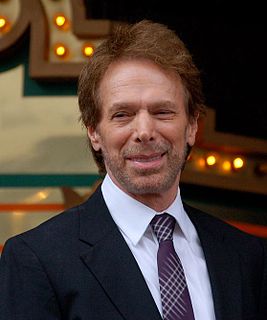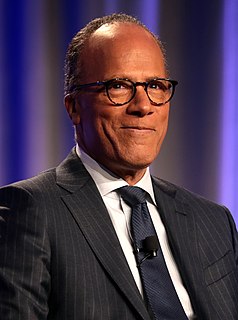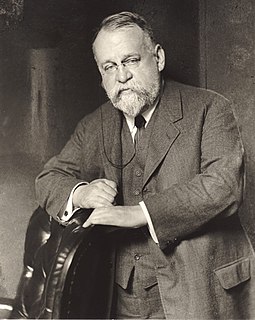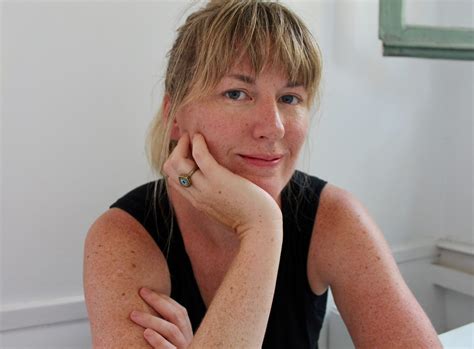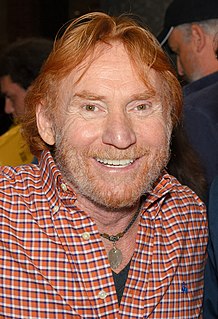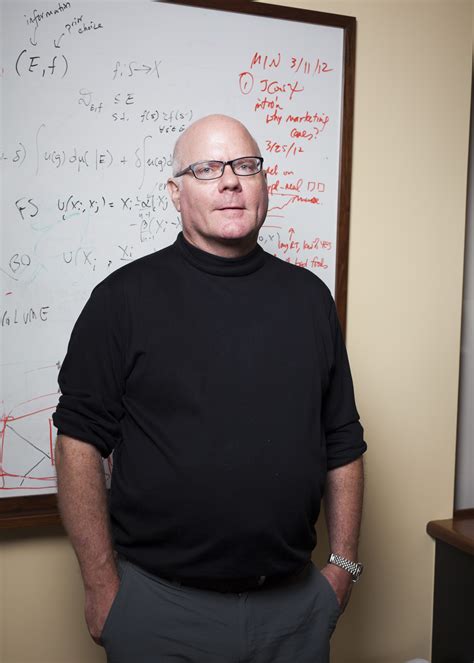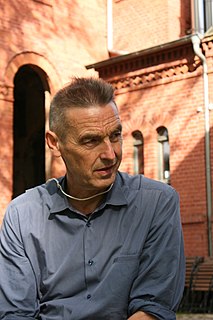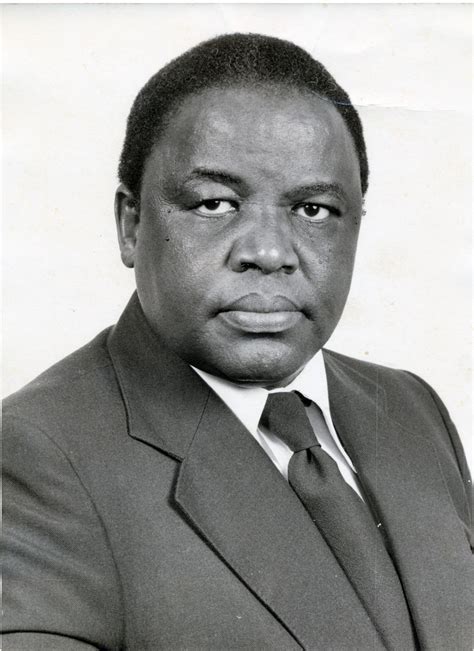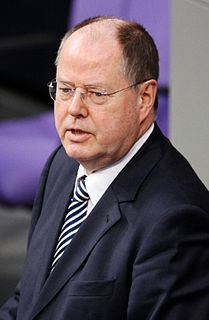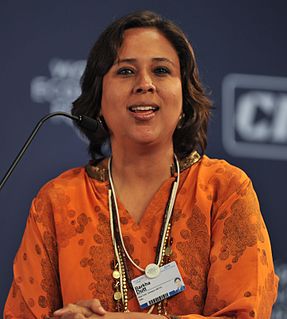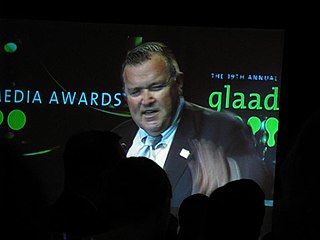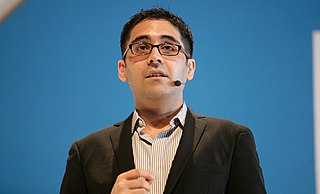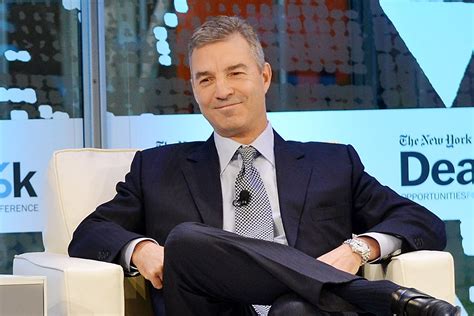Top 1200 Economics Quotes & Sayings - Page 19
Explore popular Economics quotes.
Last updated on November 5, 2024.
At the heart of capitalism is the unification of knowledge and power. As Friedrich Hayek, the leader of the Austrian school of economics, put it, "To assume all the knowledge to be given to a single mind... is to disregard everything that is important and significant in the real world." Because knowledge is dispersed, power must be as well.
When the study of the household (ecology) and the management of the household (economics) can be merged, and when ethics can be extended to include environmental as well as human values, then we can be optimistic about the future of humankind. Accordingly, bringing together these three ‘E's' is the ultimate holism and the great challenge for our future.
I picked economics at the end of my undergraduate time because it seemed to be a really nice combination of theory, including mathematical theory on one hand, and things that are quite practical that you can touch and see and feel. So I picked it, and I consciously thought of it as an experiment to see if I liked it. And it worked.
The fundamental differences between Marxian and traditional orthodox economics are, first, that the orthodox economists accept the capitalist system as part of the eternal order of Nature, while Marx regards it as a passing phase in the transition from the feudal economy of the past to the socialist economy of the future.
For 30 years I've been schooled in everything from government, and economics, to medicine and international relations. But don't be impressed. Someone once said being a general assignment reporter simply means you are equally ignorant about most everything. In other words, I know a little about a lot.
Today, in the Twenty-First Century, an age of jet aircraft, personal computers, wireless telecommunications, laser surgery, and incipient space travel, the mentality with which many presumably educated, intelligent people approach matters of economics and business is, however astonishing it may seem, still that of the Dark Ages.
There is a big divergence between views on a variety of policy issues from fiscal stimulus to financial regulation. It's my hope and my ambition for the economics profession that as we advance our knowledge, that those discussions will narrow in their focus, and that it will help to have more prudent policy-making down the road.
I had the good fortune to be able to take a course with Margaret Mead. I had a fabulous art course, where it was explained to me that nothing exists in a vacuum, that everything is a result of the period in which it's done - the economics, the sociology, the politics, all sewn together. That was a very important lesson.
The Philosophy of Tea is not mere aestheticism ... for it expresses conjointly with ethics and religion our whole point of view about man and nature. It is hygiene, for it enforces cleanliness; it is economics, for it shows comfort in simplicity rather than in the complex and costly; it is moral geometry, inasmuch as it defines our sense of proportion to the universe.
Human well-being is not a random phenomenon. It depends on many factors - ranging from genetics and neurobiology to sociology and economics. But, clearly, there are scientific truths to be known about how we can flourish in this world. Wherever we can have an impact on the well-being of others, questions of morality apply.
I prefer to call the most obnoxious feminists what they really are: feminazis. Tom Hazlett, a good friend who is an esteemed and highly regarded professor of economics at the University of California at Davis, coined the term to describe any female who is intolerant of any point of view that challenges militant feminism.
With impeccable prose, dry wit, and uncommon wisdom, Ted Thompson brings to life one family's painful disappointments and powerful resilience. The Land of Steady Habits combines Austen's shrewd mastery of domestic economics with Updike's compassion for the melancholy commuter to make something elegant, fresh, and brilliant.
Game theory is a branch of, originally, applied mathematics, used mostly in economics and political science, a little bit in biology, that gives us a mathematical taxonomy of social life, and it predicts what people are likely to do and believe others will do in cases where everyone's actions affect everyone else.
So much of the language that surrounds us - from things like economics, management theory, and the algorithms built into computer systems - appears to be objective and neutral. But in fact, it is loaded with powerful, and very debatable, political assumptions about how society should work and what human beings are really like.
At the peak of the so-called great success of neoliberal economics, in 2007, right before the crash, non-supervisory workers were at wages considerably lower than in 1979, when the neoliberal assault was taking off. That perfectly naturally causes resentment and fear, and combines with a tendency to blame the most vulnerable.
There is such a polarized discussion of economics among people like analysts, columnists, bloggers; often, they end up just saying that views other than their own should not even be discussed. I find that frustrating. There is no intellectual progress without considering lots and lots of different views.
Europe is difficult to coordinate, and our main deficit may not even lie in this area of finance and economics, but in foreign and security policy. We have a leadership problem because we are still 27 different members who have still not decided on how to work with each other based on what we used to call a European constitution.
One of the most important things liberals don't understand about conservatism, obscured by too much lazy talk about conservatism's various 'wings,' is that its tenets form a relatively organic base for its adherents, where 'traditional morality' serves the interests of laissez-faire economics and vice-versa.
The change began with John Stuart Mill and the Utopians . When Mill pointed out that economics had no ultimate solution to the problem of distribution , that society might do with the fruits of its toil as it saw fit, he introduced into the mechanical calculus of the market a conflicting calculus of moral judgment.
I don't think that that's a desirable option for us. Besides, it wouldn't work, because there are too many other countries that are willing to work economically with China. But I don't think the basic relationship depends on economics. It depends on a political understanding of what is required for peace in Asia.
Getting a traditional pharmaceutical to the market can cost a billion dollars or more. Newer, more tailored and targeted drugs called biologics are even more complex and expensive. Simple economics dictates that companies and venture funds will invest more in products that can generate a sufficient return.
Let’s summarize. What is awesomeness? Awesomeness happens when thick — real, meaningful — value is created by people who love what they do, added to insanely great stuff, and multiplied by communities who are delighted and inspired because they are authentically better off. That’s a better kind of innovation, built for 21st century economics.
The main purpose of advertising is to undermine markets. If you go to graduate school and you take a course in economics, you learn that markets are systems in which informed consumers make rational choices. That's what's so wonderful about it. But that's the last thing that the state corporate system wants. It is spending huge sums to prevent that.
Of all the thankless jobs that economists set for themselves when it comes to educating people about economics, the notion that society is better off if some industries are allowed to wither, their workers lose their jobs, and investors lose their capital - all in the name of the greater glory of globalization - surely ranks near the top.
I don't remember much about the specifics of the economics courses that I majored in - I apparently internalized the key concepts - but I still remember vividly the thrill of reading 'Don Quixote,' Epictetus, 'The Aeneid,' 'King Lear' and 'Candide,' and how contemporary the stories and ideas in these old and ancient texts struck me.


